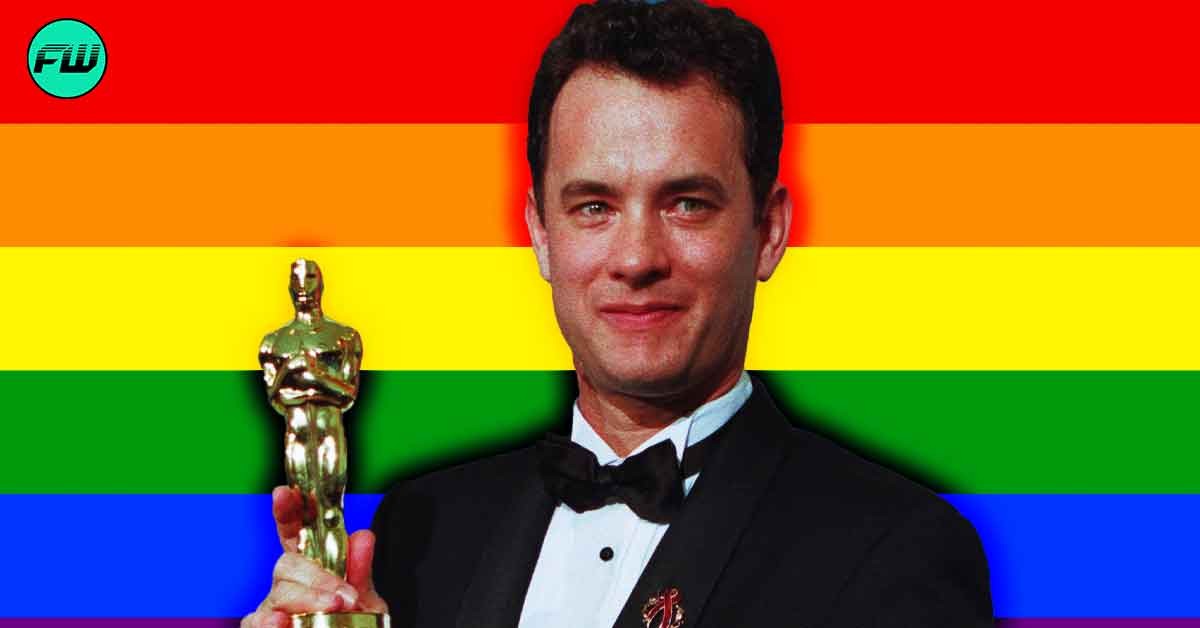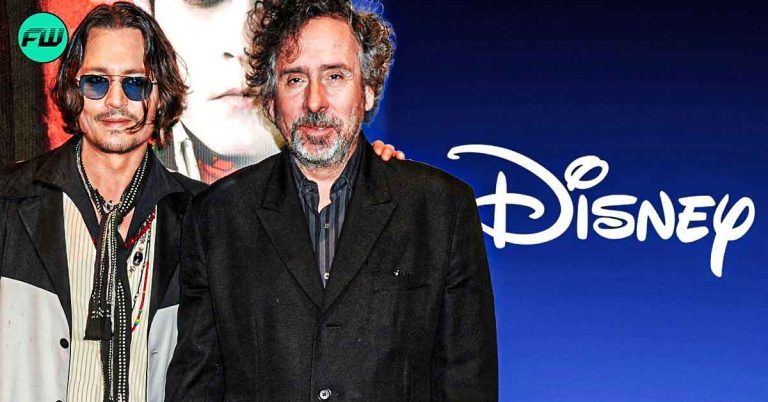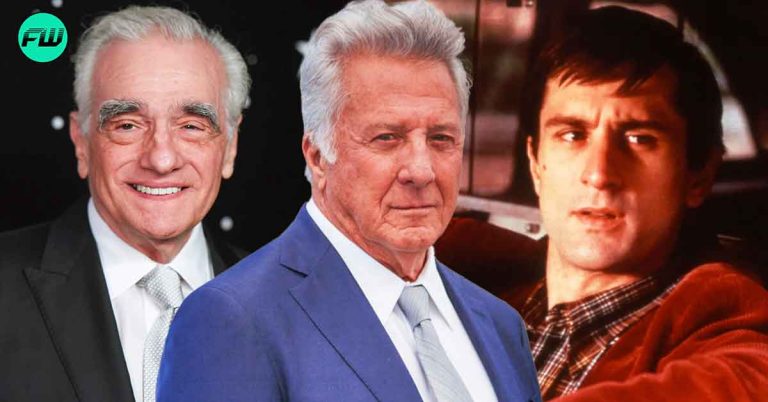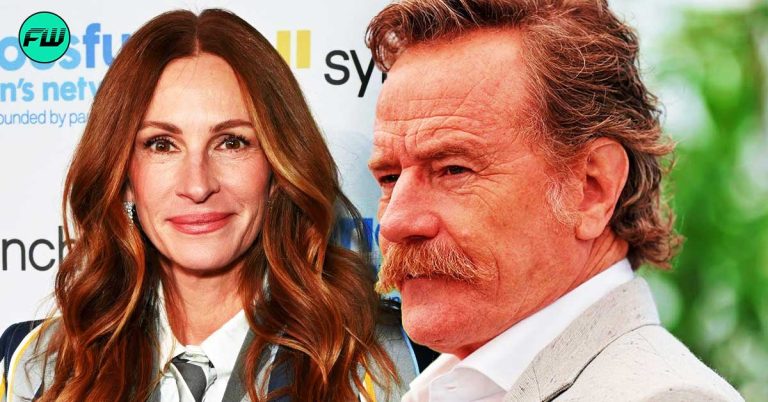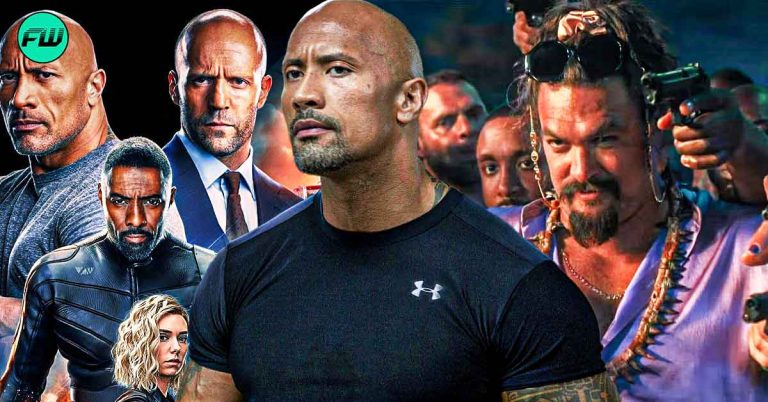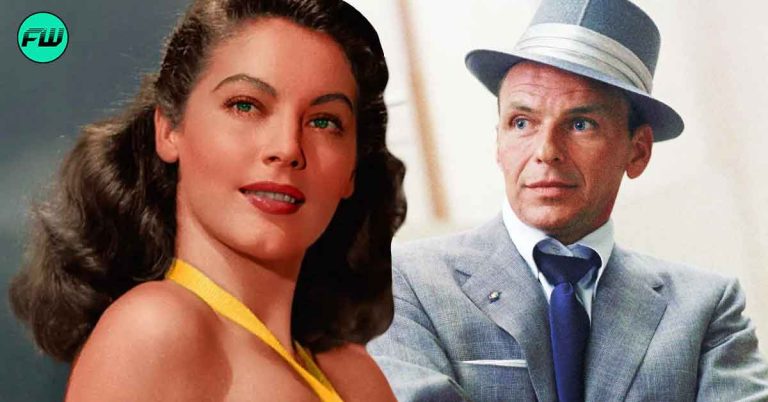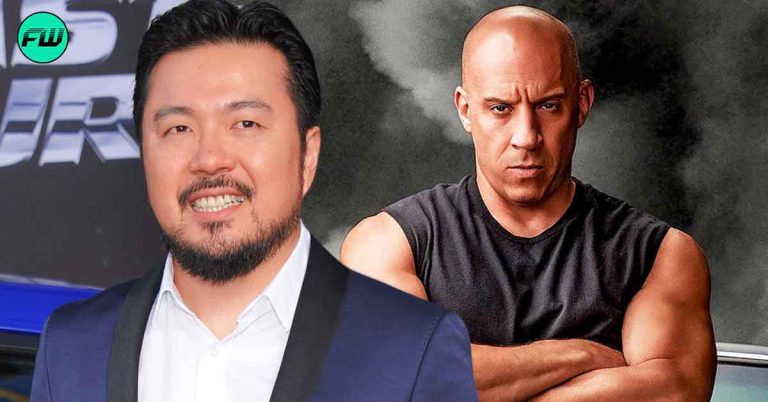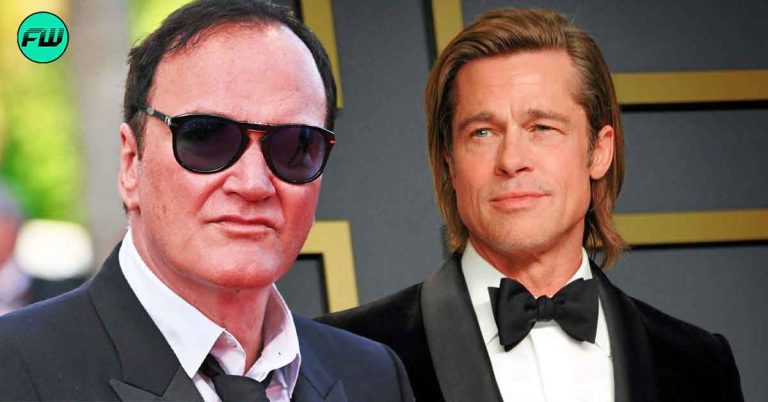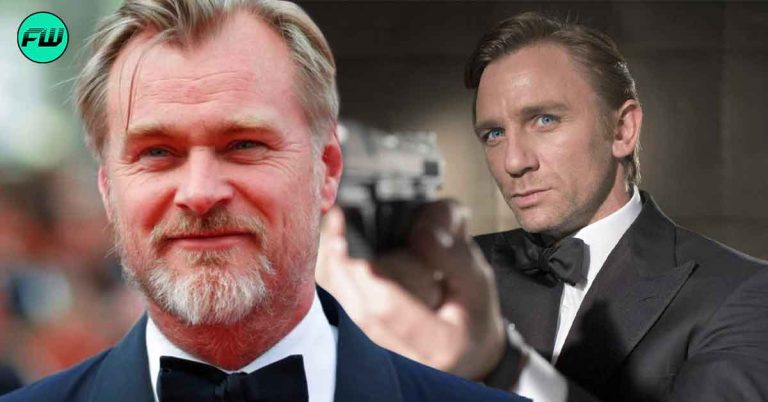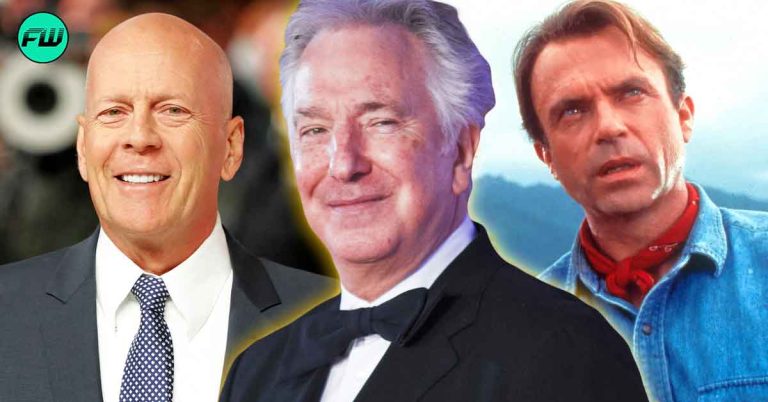Should a straight guy be allowed to portray queer roles in cinema? An ongoing debate surrounding the matter has raised several questions among the audiences. While on the one hand, fans question the authenticity of straight actors in gay roles, on the other, actors defend the practice by claiming that making one believe something is what acting is all about. Tom Hanks, the acclaimed actor known for his versatile performances, also discussed his iconic role as Andrew Beckett in the 1993 film Philadelphia.
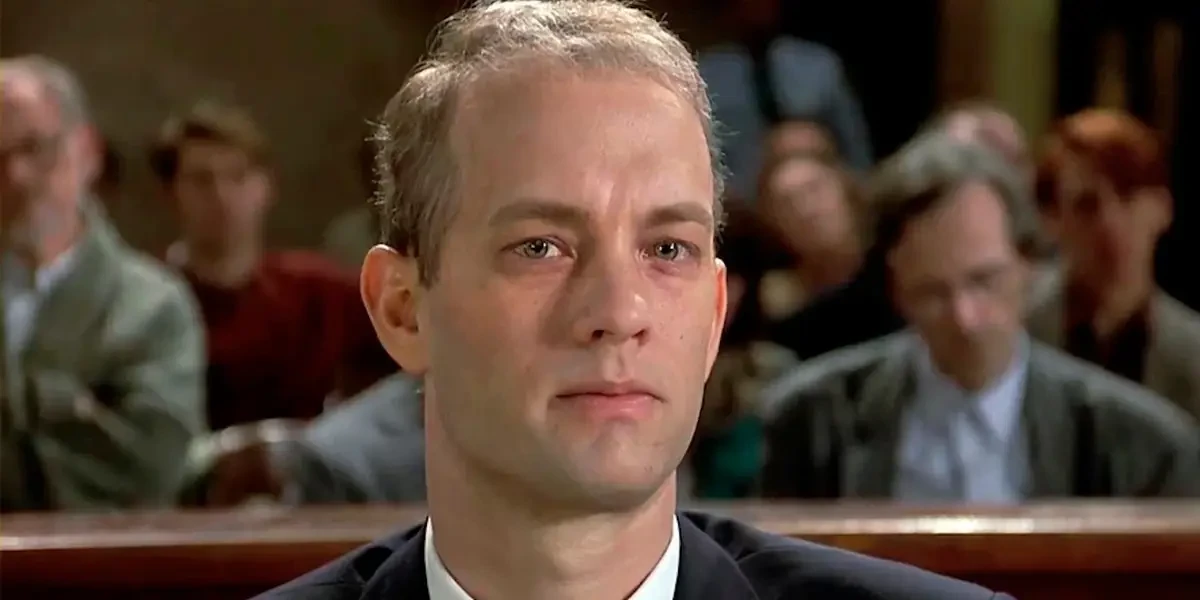
After all, the actor received critical acclaim, including an Oscar and a Golden Globe, for his portrayal of a corporate attorney concealing his homosexuality and battling AIDS-related discrimination.
Tom Hanks defended his controversial portrayal of a gay man in Philadelphia
In a candid interview with The New York Times Magazine, Tom Hanks expressed his view that he would not take on the role of Beckett if the film were being cast today. This revelation sparked a debate online about the intersection of sexual orientation and casting choices, as well as the importance of authenticity in storytelling.
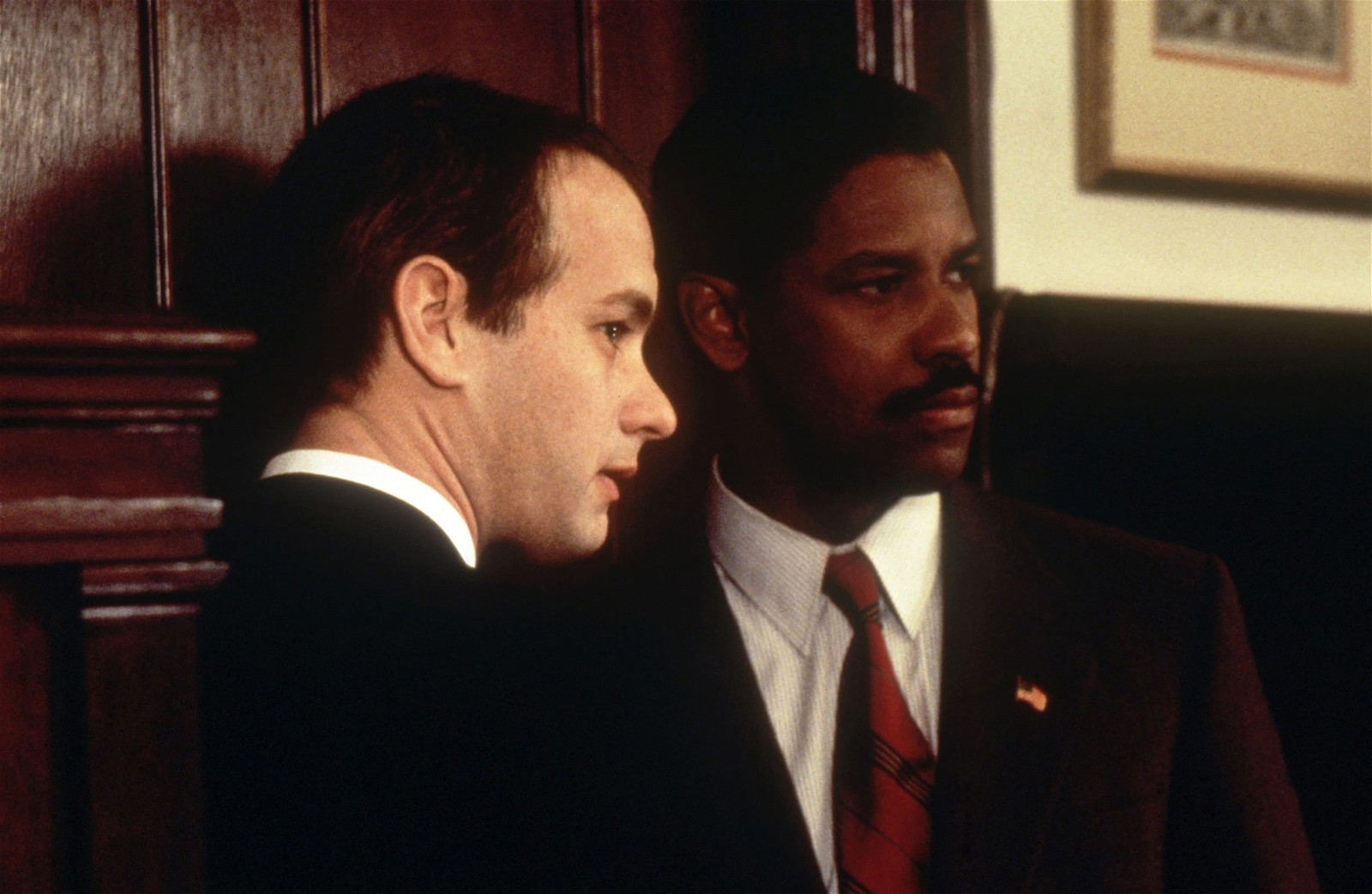
Reflecting on his role in Philadelphia, Hanks shared his belief that a straight actor should not portray a gay character in contemporary cinema. He emphasized that the essence of Philadelphia was to encourage acceptance and fight against fear. He further stated that people were not afraid of the movie because he, a straight actor, portrayed a gay man. However, he acknowledged that times have changed, and audiences now demand authenticity.
“Let’s address ‘could a straight man do what I did in “Philadelphia” now?’ No, and rightly so. The whole point of ‘Philadelphia’ was don’t be afraid. One of the reasons people weren’t afraid of that movie is that I was playing a gay man. We’re beyond that now, and I don’t think people would accept the inauthenticity of a straight guy playing a gay guy. It’s not a crime, it’s not boohoo, that someone would say we are going to demand more of a movie in the modern realm of authenticity.” ”
Hanks asserted that it would not be deemed acceptable for a straight actor to portray a gay character today, and he supports this shift in expectations.
The Significance of Philadelphia in the Modern Hollywood vs Representation War
Directed by Jonathan Demme and written by Ron Nyswaner, Philadelphia is widely recognized as one of the pioneering Hollywood films that tackled the HIV/AIDS epidemic and homophobia. The movie delves into the story of Andrew Beckett, played by Hanks, who faces discrimination after his AIDS diagnosis. Alongside Hanks, Denzel Washington delivered a powerful performance as Beckett’s attorney. The movie garnered critical acclaim and shed light on important social issues of the time. In addition to Hanks’ Best Actor Academy Award, the film’s theme song, Streets of Philadelphia by Bruce Springsteen also received an Academy Award for Best Original Song.
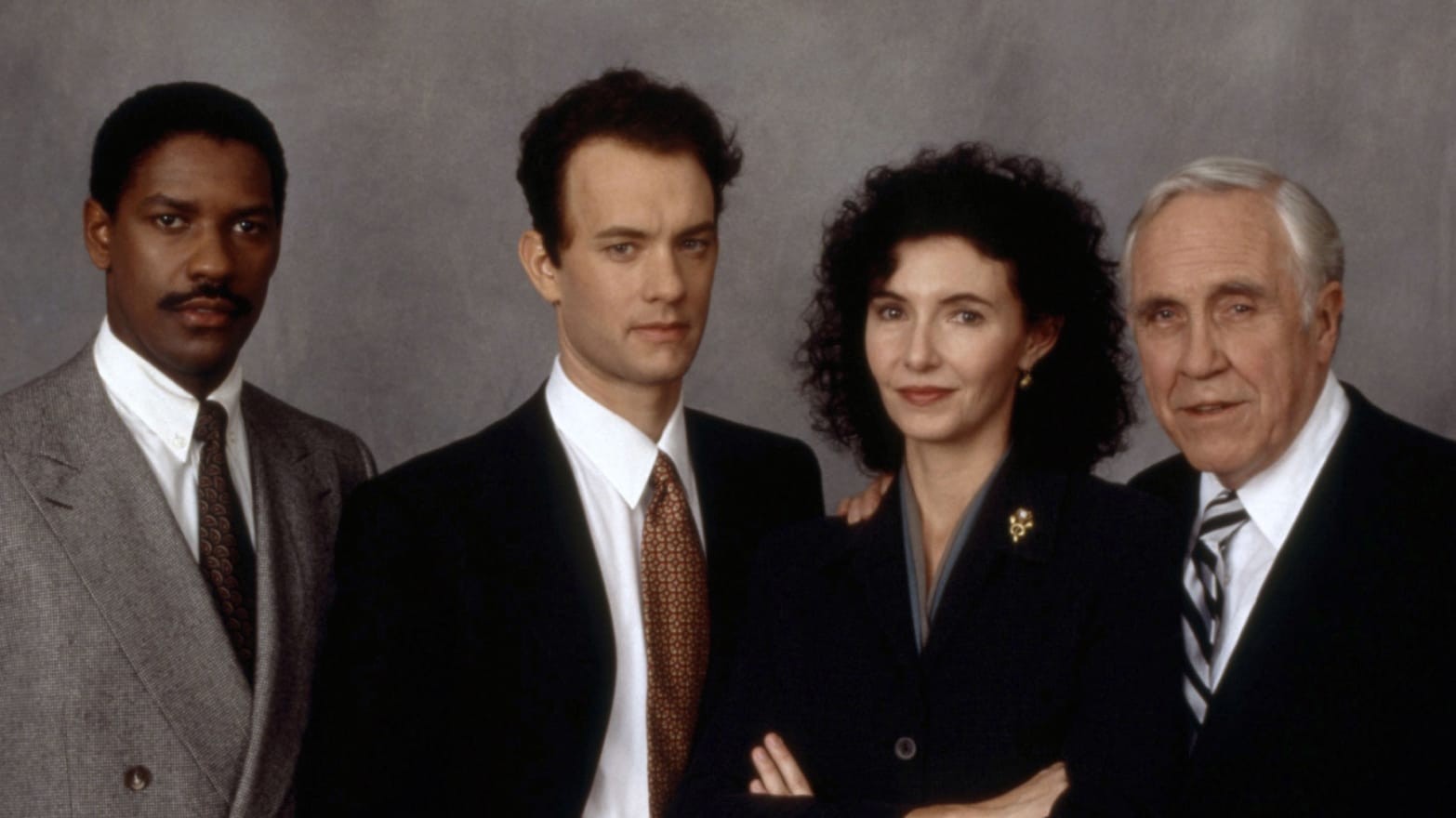
But Hank’s comments regarding the casting of gay characters have generated mixed reactions on social media. Some Twitter users have questioned the connection between sexual orientation and acting abilities, suggesting that actors should be able to portray characters regardless of their own identity. Others have highlighted the significance of representation in film and stressed the importance of casting actors who share the experiences and perspectives of the characters they portray.
However, despite the debates, Philadelphia still stands as a significant film that contributed to raising awareness of the HIV/AIDS epidemic and promoting acceptance, earning accolades for its impactful storytelling and performances by Hanks and his co-stars.
Source: Indie Wire

